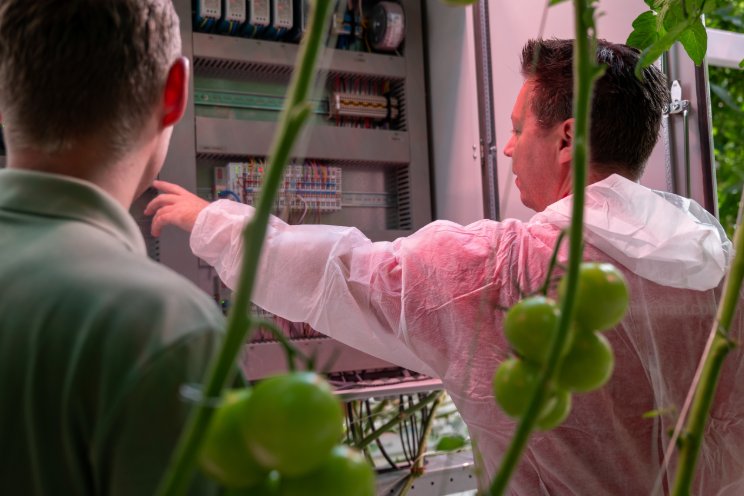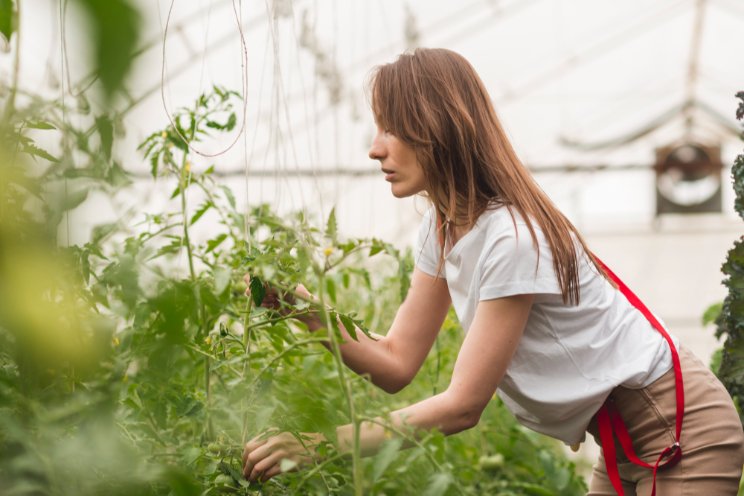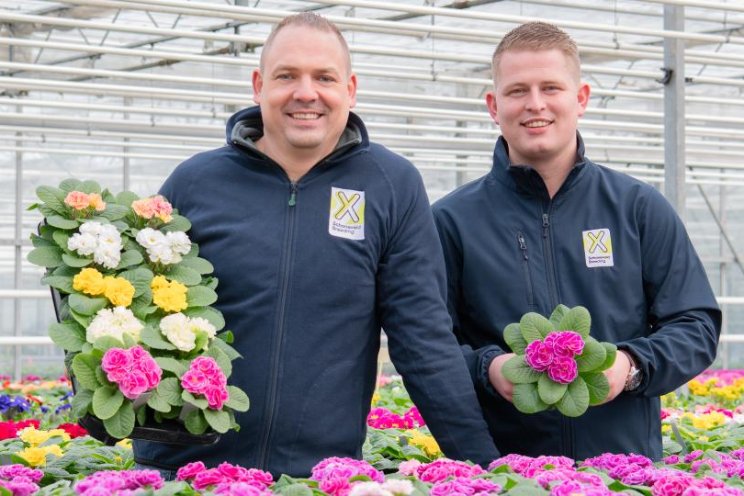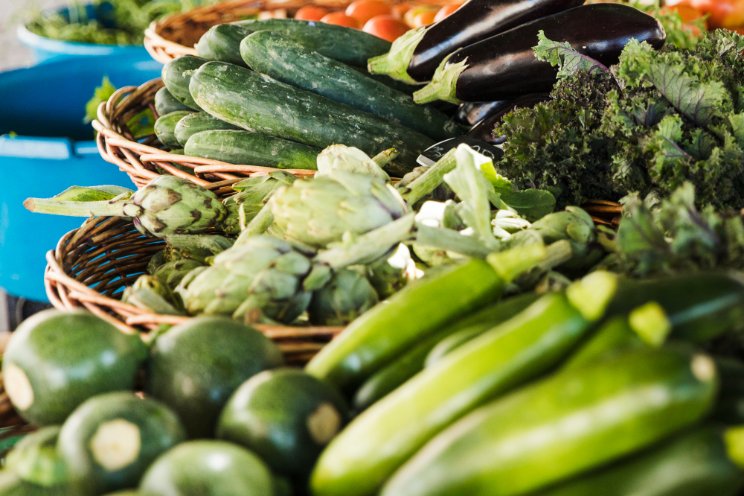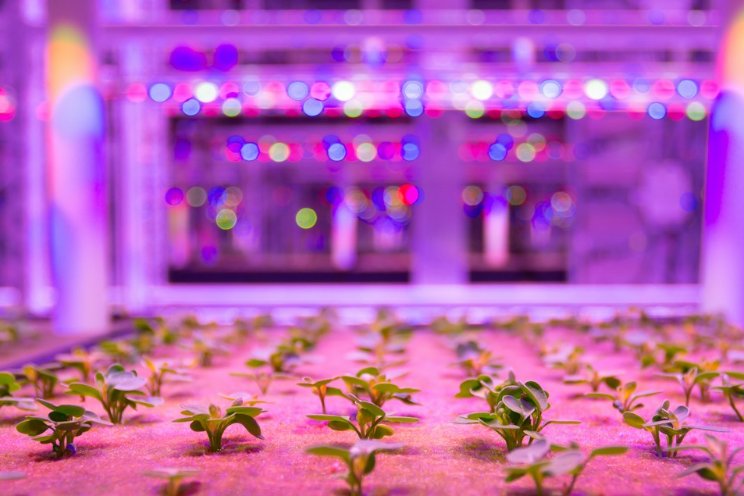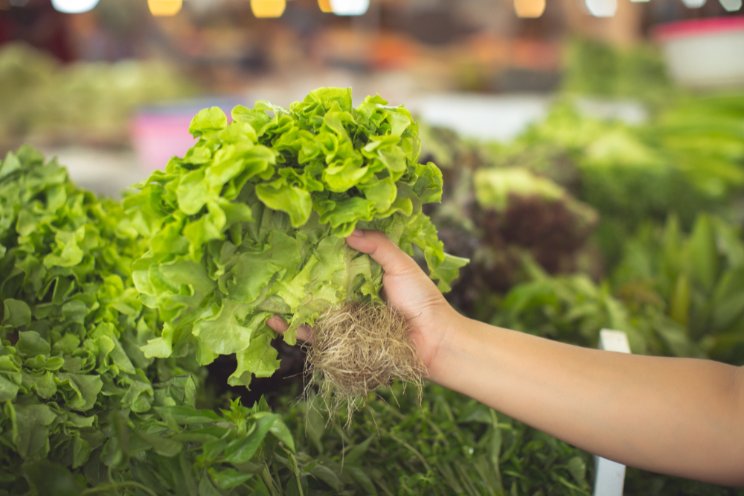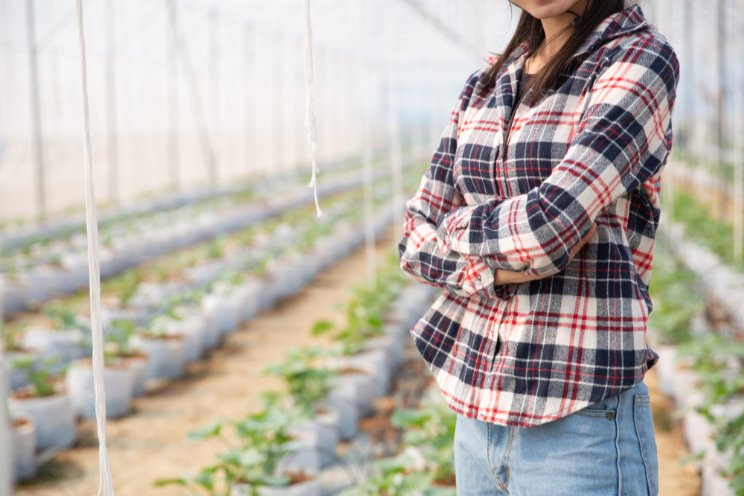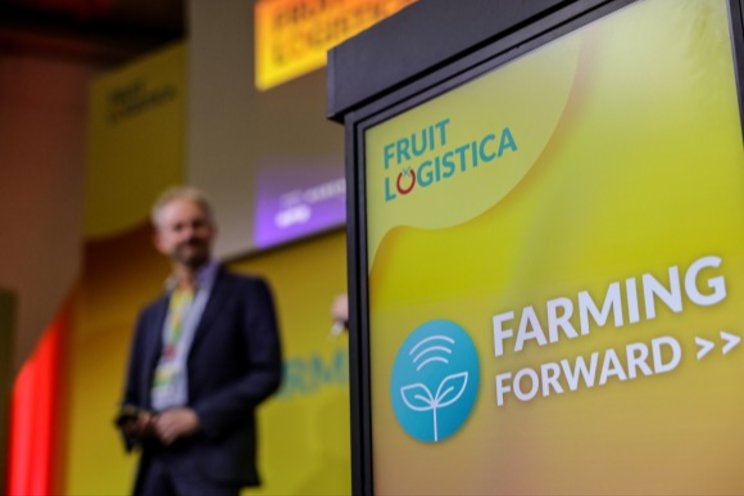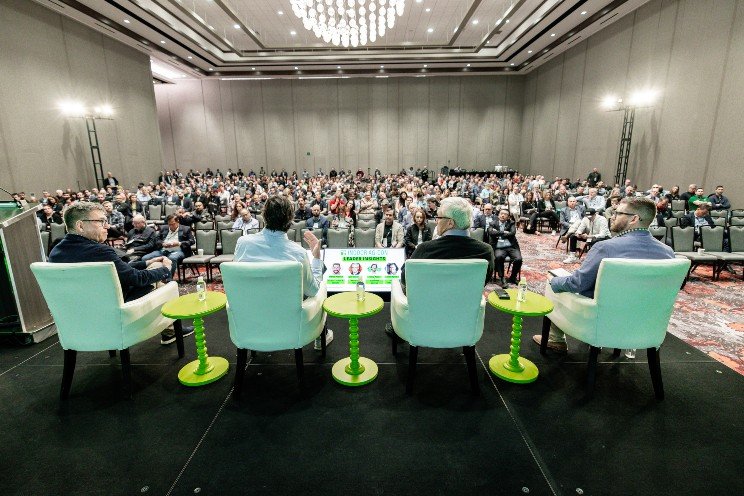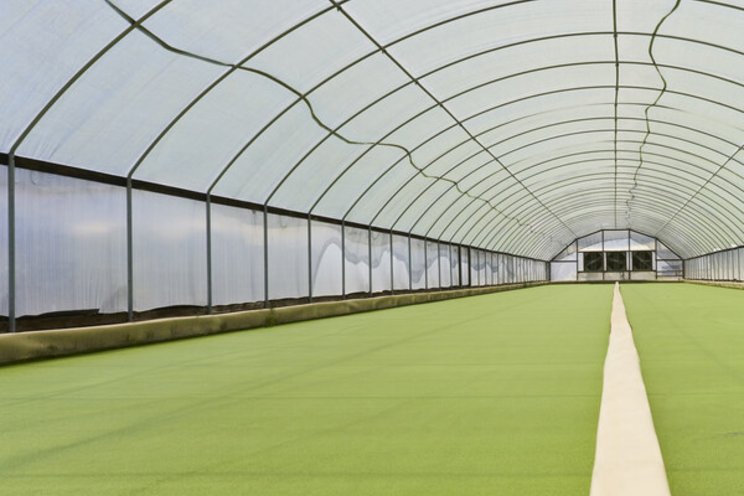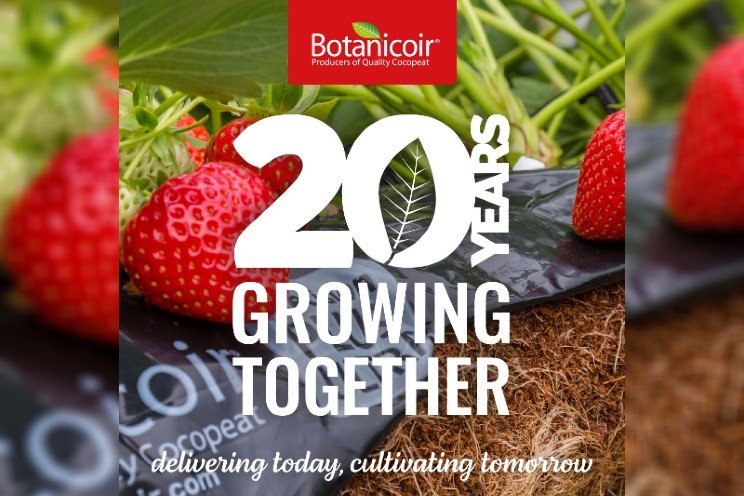Models are getting more and more serious
Added on 18 October 2021
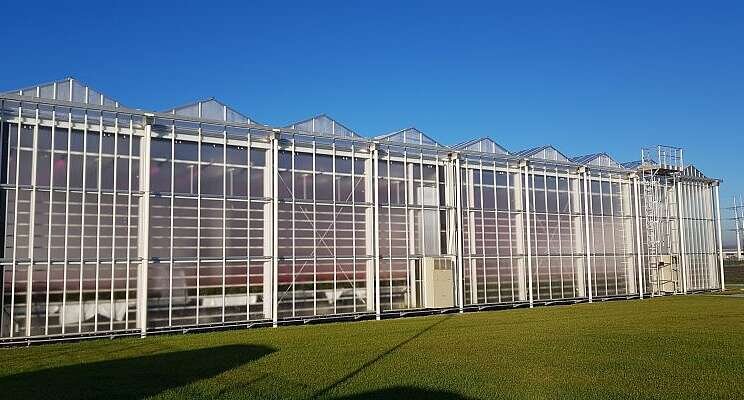
Models describe reality with calculations based on rules and parameters. For example: how much does a crop evaporate at a certain combination of greenhouse temperature, humidity and light intensity? For that, the model should have the physics described correctly, but also the crop parameters adapt to their environment. Especially the latter is difficult because every crop is different. And a crop adapts to the conditions in which it is growing. A greenhouse crop in a constantly high humid environment will behave differently than a crop grown in harsh conditions.
Because the Business Unit Greenhouse Horticulture and Flower Bulbs of Wageningen University & Research is involved in international projects, WUR sees a wide range of cultivation conditions. What is extreme for Dutch growers (high heat, prolonged cold), is nothing special in other countries. This provides WUR with useful data to check whether the models describing crop growth and evaporation still work well in those 'extreme' conditions.
Well-equipped and widely tuned models
For example, it shows that a processes like fruit set in tomatoes is seriously tempered when the diurnal average temperature is constantly too high. A model must therefore take this into account in order to be able to calculate, for example, the development of the plant load. Well-equipped and widely tuned models are necessary for further professionalization in horticulture. Because growers want to be able to respond optimally to their environment (climate, energy costs, market). Suppliers want to be able to give honest and tailor-made advice. Students and course participants want well-functioning software in their study. Policymakers need realistic scenarios.
WUR is working on the development of models in various areas. With respect to greenhouse climate the latest effort was mainly in the project 'Detailed crop transpiration'. This project is financed by the Ministry of Agriculture, Nature and Food Quality.?
Read more on Wageningen University & Research.
Photo Courtesy of Wageningen University & Research.
Source: Wageningen University & Research
More news
